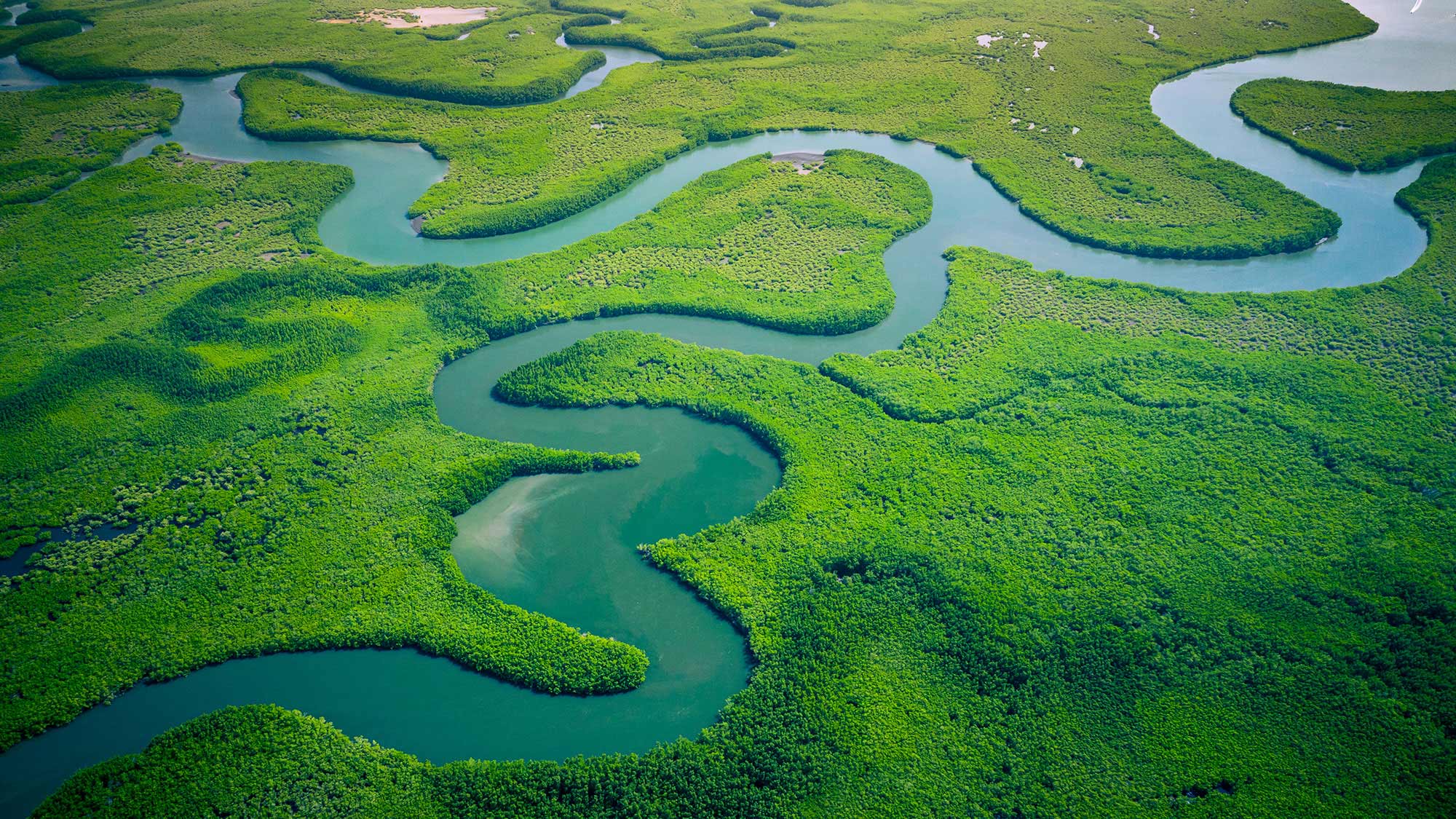Africa faces the need for environmental solutions
- It is estimated that 65% of Africa's population will be affected by water stress by 2025.
- The continent's water tables contain 5,000 billion cubic metres of water, but 320 million inhabitants have no drinking water.
- Barely 65% of Africans currently have access to an improved drinking water source, not to mention the need for sewerage, because as soon as a town acquires a drinking water network, this water needs to be purified before being returned to the environment.
- Climate change will worsen the scale of water shortages, especially in regions where water is already in short supply.
Water production and distribution services – expertise to support populations
SEN'EAU, the new urban and peri-urban drinking water management, operation and distribution company in Senegal
Access to high-quality water meeting international standards in Algiers, Algeria
High-quality networks to support the development of Casablanca
The Casablanca urban area entrusted the delegated management of its drinking water, sanitation, electricity distribution and street lighting networks to SUEZ via Lydec in 1997, with a view to achieving high performance objectives. Lydec offers higher quality of service to the five million residents it serves and improves the network and the quality of the water supplied while preventing leaks.
Easier access to drinking water in Angola
EPAL signed a contract on 4 June 2020 with the SUEZ Group and its partners, Mota Engil and Soares da Costa, working as a consortium, to build the Bita drinking water production plant in Luanda, Angola's capital.
Protecting the water of the Nile delta in Cairo, Egypt
In Cairo, the group maintains and manages Gabal El Asfar, the biggest wastewater treatment plant on the eastern bank of the Nile. It is equipped with technology to reuse treatment sludge via anaerobic digestion and cogeneration, producing up to 65% of the energy needed to operate the plant's equipment.
Helping African industry to maximise its economic and environmental performance
Zero CO2 emissions from Renault’s manufacturing site in Tangier
A waste disposal and recovery centre in Meknès
With an area of 56 hectares and capacity for 200,000 to 330,000 tonnes of household and similar waste per year, the site helps reduce the area's greenhouse gas emissions by capturing biogas and treating leachates. The initiative makes a social contribution – the Group has helped the 180 "informal" waste sorters who used to work at the landfill site to create a cooperative enabling them to work under safe conditions.
Providing access to drinking water through decentralized solutions
Drinking water supplies for secondary cities in Côte d'Ivoire thanks to UCDs®
SUEZ in Africa for 70 years
SUEZ's 6,600 employees in Africa are helping cities and industry to meet new environmental challenges. The Group has built over 500 drinking water and sanitation plants, serving most of Africa's capitals, and manages the drinking water and sanitation services in Greater Casablanca and Algiers and drinking water in Senegal.

